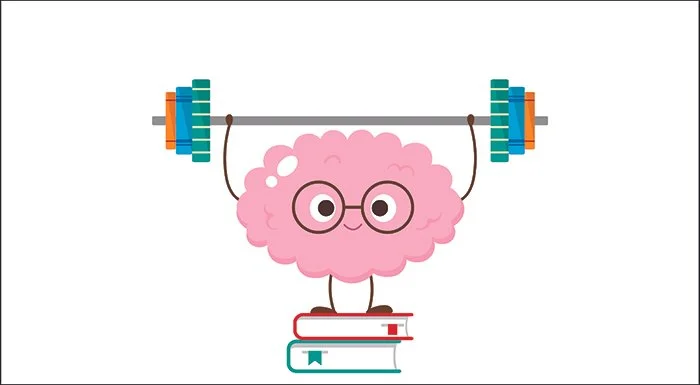Writing as Muscle Memory
by Brooke Warner
Over the weekend, I ran a half-marathon—for the first time in about seven or eight years. Though I’m a recreational jogger/sometimes runner, this is the most mileage I’ve done in a long time: 13.1 miles.
Around eight miles in, the toll of the long mileage (without training) kicked in. As I willed my legs to keep going, my arms to keep pumping, I thought about the thousands of miles I’ve logged in my lifetime. A runner since age thirteen, how to run is stored deep in my muscle memory. What I was pushing through—the pain, the full-body sensations of regulated breathing—was all familiar. I would finish because my body knows how to do this, even if I pushed it outside its comfort zone.
Perhaps muscle memory would have wormed itself into my mind in Mile 8 on its own, but in fact the concept had been evoked the day beforehand at The Tahoe Literary Festival, where I moderated a panel of my She Writes Press sisters about writing and wisdom. Bridey Thelen-Heidel author of Bright Eyes, had some powerful things to say about muscle memory as it connects with our writing practice, and how for her, getting her words onto the page was intimately connected with getting the trauma out of her body.
Our bodies hold so much. Our bodies can take so much, too. And, our bodies can lock things up tight, separate themselves from our minds. Our bodies are incredible instruments, and we can unlock what’s stored in our bodies to access strength, depth, wisdom, understanding.
When it comes to writing, there are a few ways muscle memory shows up:
The act of writing builds muscle memory.
Sitting in a chair, opening your notebook, typing on your computer—all of this creates neural pathways. The body starts to anticipate writing time. This is muscle memory in the truest sense: your body recognizes the ritual and prepares itself to enter creative space. Over time, your body just knows what to do. The more often you write, the less you have to “think” your way into it. If you write often, you’ve undoubtedly had the experience of showing up to the page uninspired, and then writing something you love, or feel proud of. This is how we train ourselves to prioritize our writing, to make it a habit that we crave.
Muscle memory isn’t just physical; it’s soul memory.
I felt this while I ran. I inspired myself to keep going by connecting to earlier iterations of myself. I felt myself in my body at age forty-nine, connecting to myself at age seventeen; at age twenty-seven, at age thirty-five. I’ve been running my whole life, and I was inspired by this body that has carried me in all the ways it has. Just like any other physical experience or ritual, regular writing can retrain the body to tolerate vulnerability—to hold the difficult sensations that come when we tell our truth on the page. Writing and sharing our work is like exposure therapy, and the more we do it, the more at ease we feel with it. Settling into our own right to tell our truth means tapping into heart, soul, meaning. When we do this well, it’s a full-body experience.
Your voice is muscle memory, too.
Sometimes the only muscle memory people have access to is trauma, so the very notion of what muscle memory means can have negative associations. But anyone who has trauma lodged deep in their bodies also has an essential self that is not bound or determined by “what happened” to them. The act of putting your voice on the page is an act of reclaiming. It’s an act of inviting the muscle memory of who you were and are independent from that trauma. Even for those writers who’ve experienced the worst of it, there is more story than just the trauma. The act of inviting all of you to the page is an act of reclamation.
Here are a few writing rituals and practices to support you:
Set rituals that anchor your body: same chair, same mug, same soundtrack, same lighting. Your senses become cues.
Write at the same time of day to condition your nervous system.
Warm-ups matter. Try free-writes or five-minute “entry” exercises before deep work. These are your stretches.
End predictably. Stopping mid-sentence or mid-thought can build anticipation for the next session, a kind of muscle recall that pulls you back.
I’ve been inspired by Amanda Knox, who has used her voice to reclaim her story in incredibly visible ways—through her memoir, Free, and through her Hulu series, “The Twisted Tale of Amanda Knox.” She recently said in an interview: “I am not my reputation, but I am reclaiming it.” This speaks to how we show up for ourselves and our stories, and how our muscle memory—what we already have access to and what we are building—supports us to stay the course.

